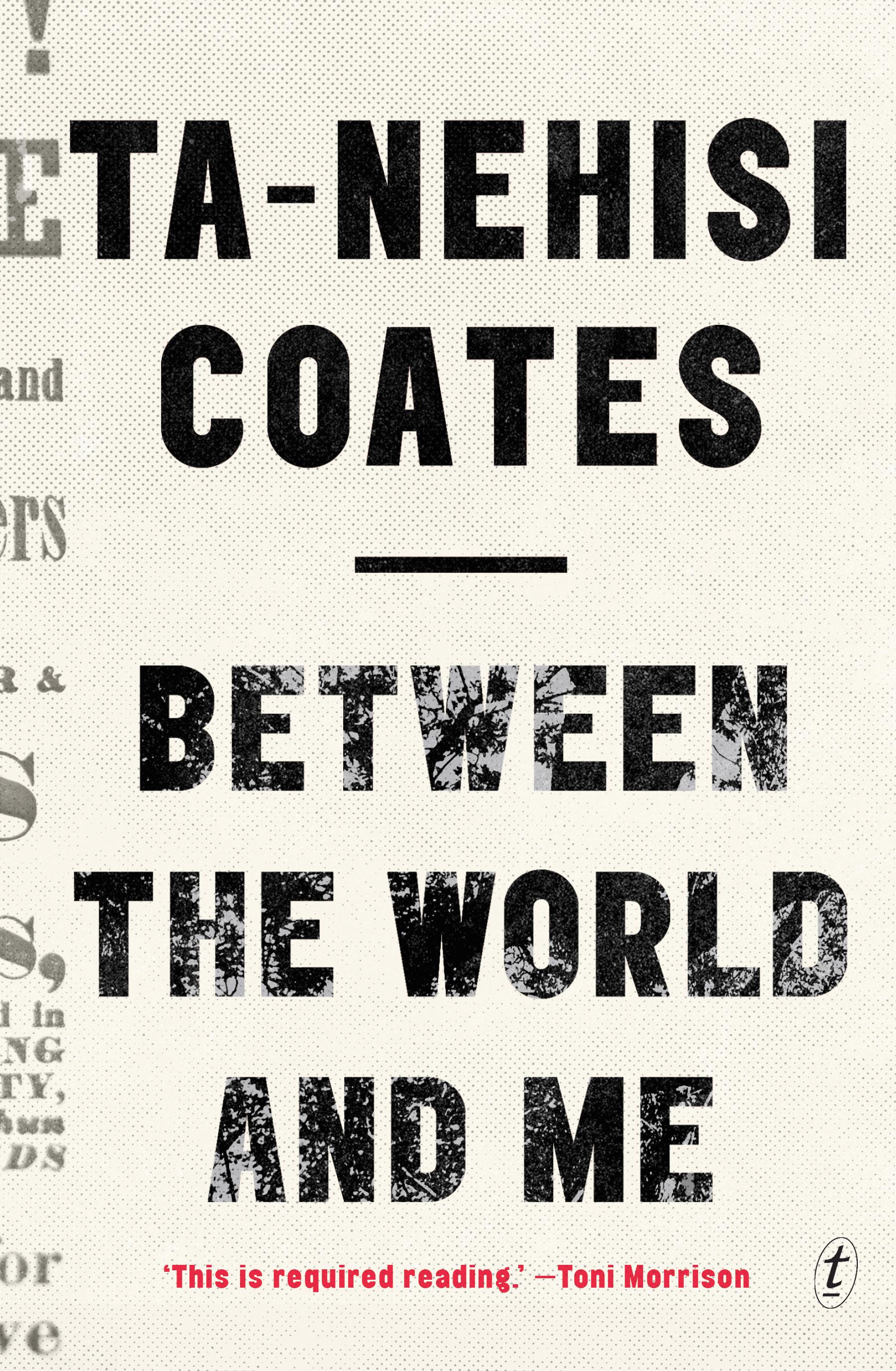At the same time, her stark morality tale of a righteous Southern lawyer who stands firm against racism and mob rule struck a chord with Americans, many of them becoming aware of the civil rights movement for the first time. The novel had its critics. “It’s interesting that all the folks that are buying it don’t know they’re reading a child’s book,” Flannery O’Connor wrote in a letter to friend shortly after the novel’s appearance. Some reviewers complained that the perceptions attributed to Scout were far too complex for a girl just starting grade school and dismissed Atticus as a kind of Southern Judge Hardy, dispensing moral bromides.All I'll say about To Kill a Mockingbird is this: It's a fairy tale.
That's not a criticism. Fairy tales instruct. Fairy tales inspire. Fairy tales have "the moral of the story."
When the book appeared, in 1960, America desperately needed the fairly tale that Harper Lee gave us. We needed to hear that this country, at its best and most just self, extended justice fairly to everybody, no matter the color of our skin. That wasn't a completely unknown idea — the Civil Rights movement was well underway by then — but having the message delivered by a Southern writer, somebody who clearly loved the South, helped the idea spread a bit more quickly, I think.
It wasn't a perfect book. We're not a perfect society. There's still a long way to go to meet that ideal. But Harper Lee, god bless her, gave us a nudge in the right direction.
